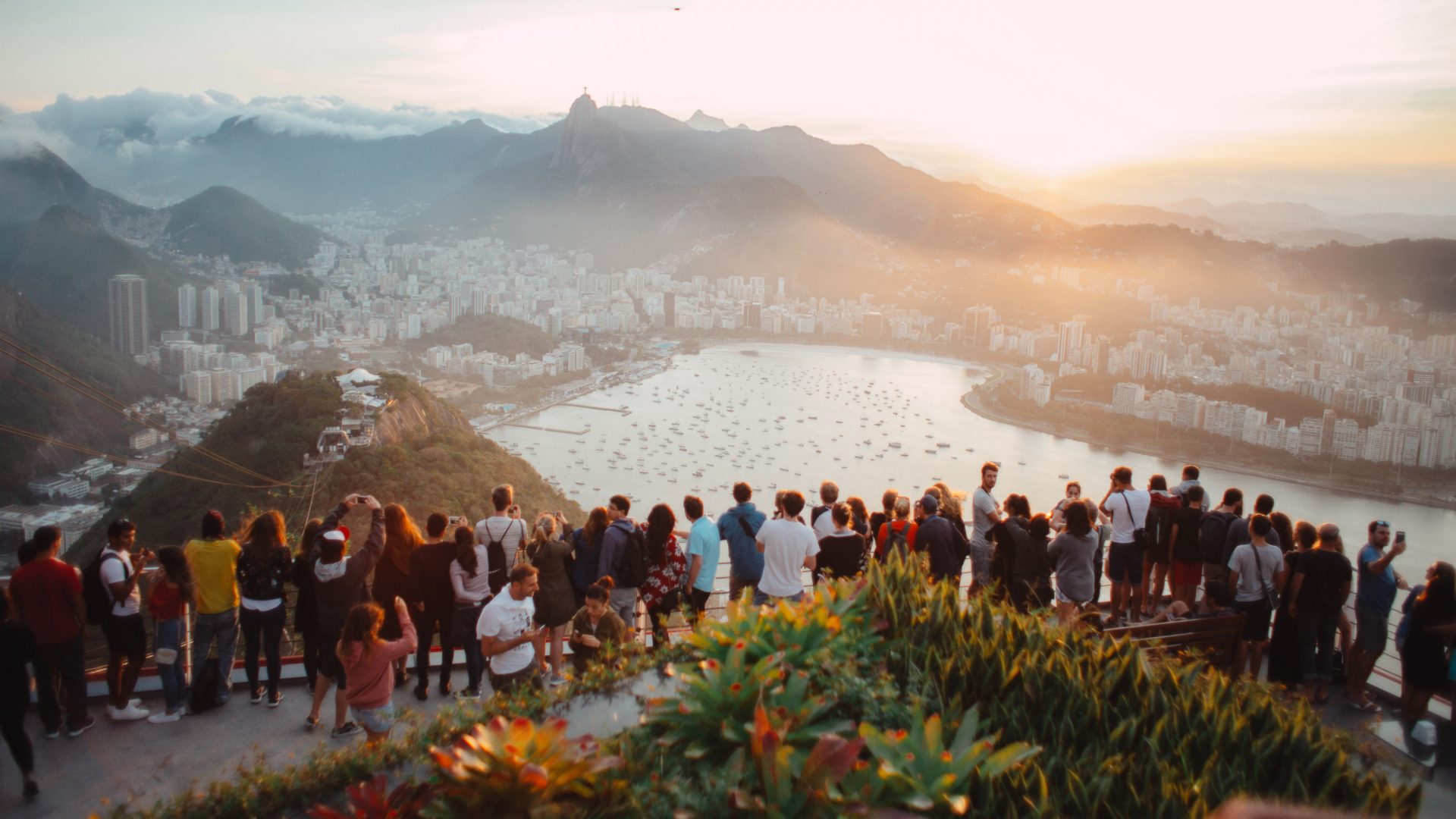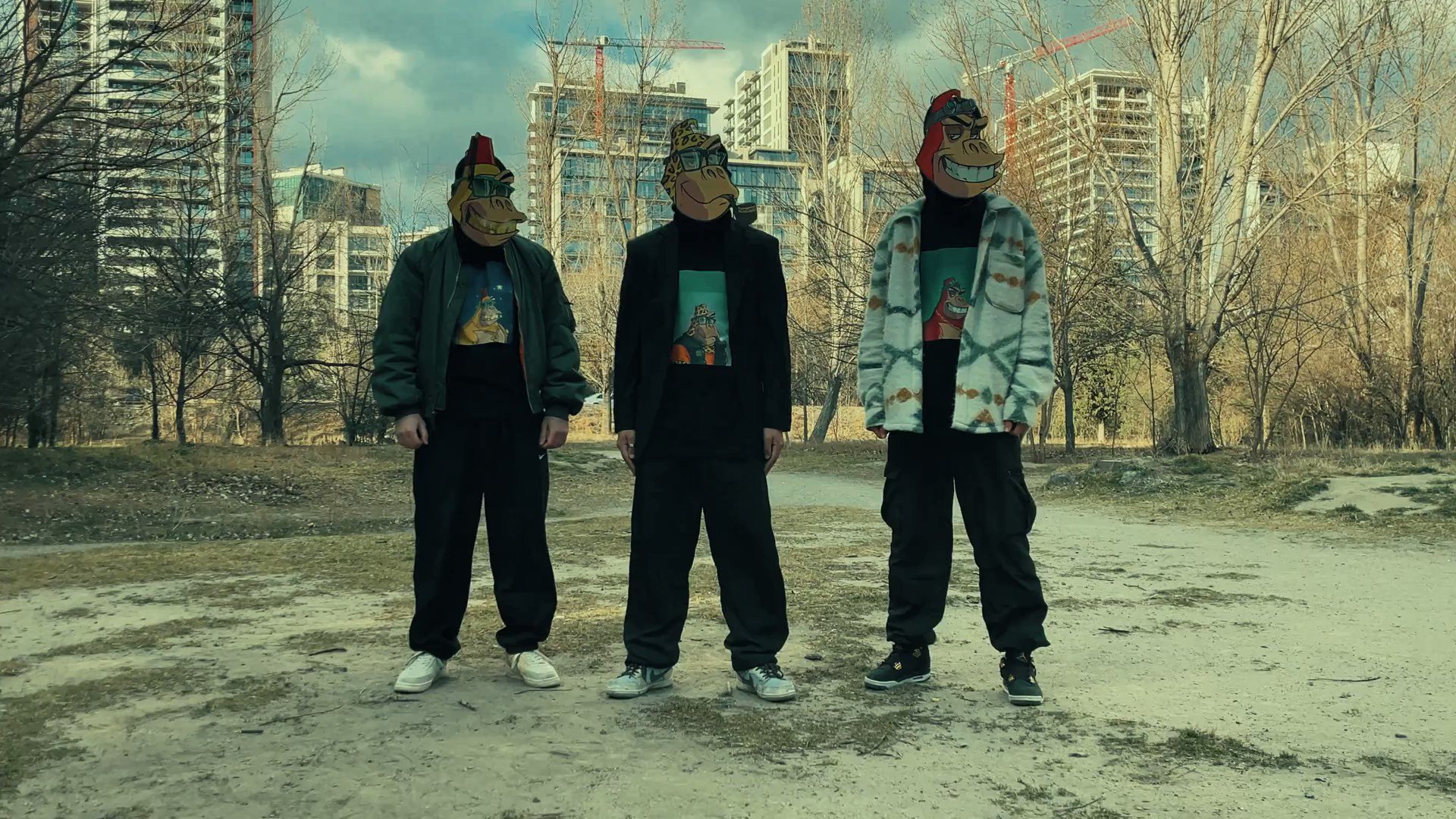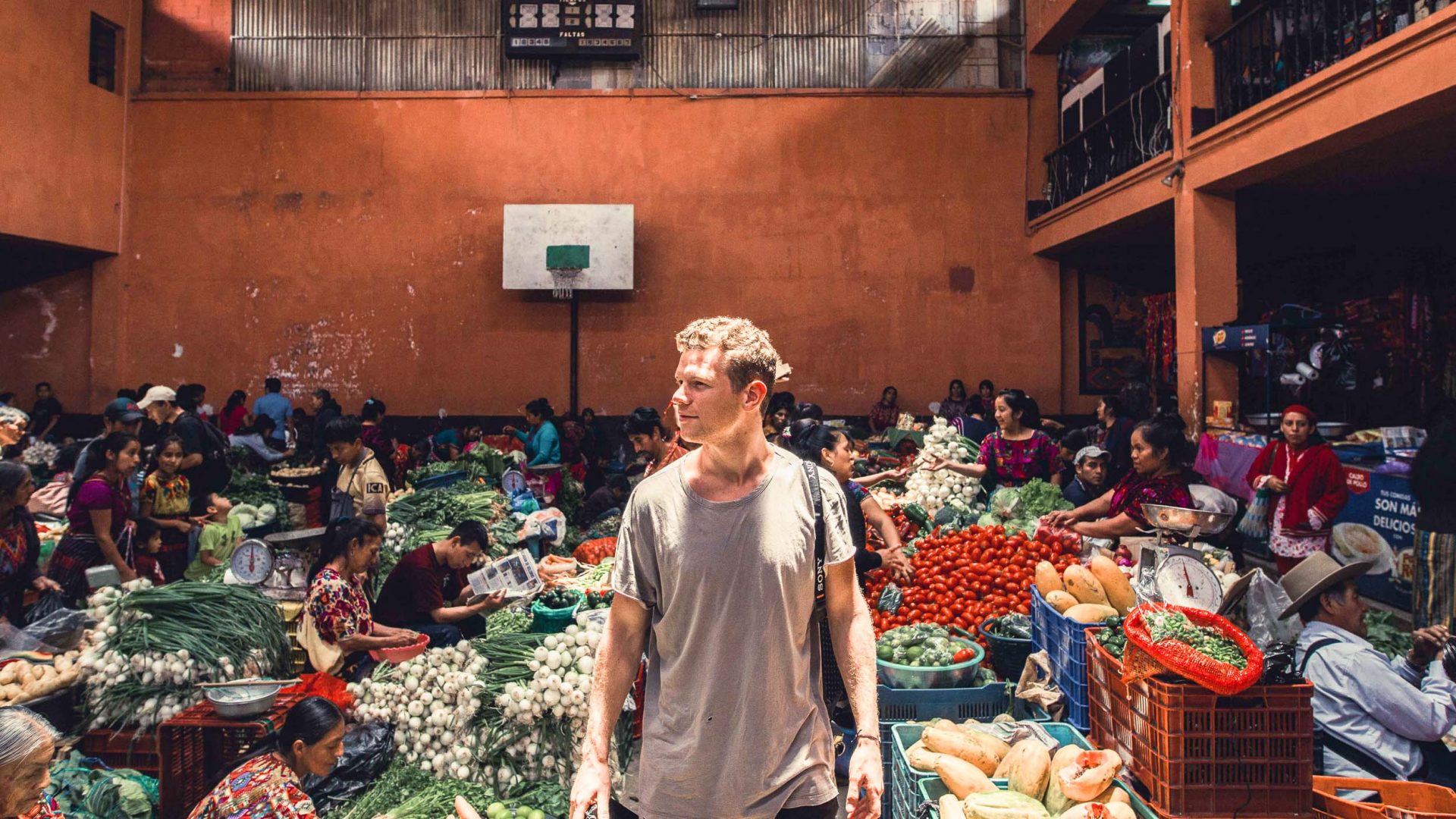
The Grenada Tourism Authority (GTA) has announced a new voluntourism program to try and lure post-pandemic travelers back to the island. Is this good news for travel, or a throwback to the days of orphanage tourism? And when did ‘voluntourism’ become a dirty word?
The Caribbean country of Grenada recently announced a new tourism initiative, hoping to draw post-pandemic travelers back to the ‘Spice Isle’. Instead of the usual brochure combination of sun, sea and surf, they’re banking on a different model: Voluntourism.
“For travelers, voluntourism provides an intimate and memorable experience, which allows them to make deep and meaningful connections with our local community while leaving a positive footprint on our island,” says Petra Roach, CEO of the Grenada Tourism Authority.
The new program, which launched in March, features a dozen or so community projects, spanning agriculture, the environment, education, and public health. You can clean up the beaches of Carriacou and Petite Martinique, teach local kids to swim, or help out at not-for-profit animal shelters. Travelers will be able to volunteer year-round, and (crucially) there are no fees for participating.
Why is that important? Well, over the last 15 years or so, ‘voluntourism’ has become a bit of a dirty word. The rise of orphanage tourism in the early 2000s, combined with voluntourism organizations that demanded fees from travelers, created a weird global volunteer economy where poverty was incentivized.
The worse the situation on the ground, the more affluent, unskilled (usually western) tourists looking to volunteer, the more money organizations could make. Unfortunately, and despite the best intentions of travelers, voluntourism gradually became synonymous with child abuse, corruption, and ‘white saviour complex.’







